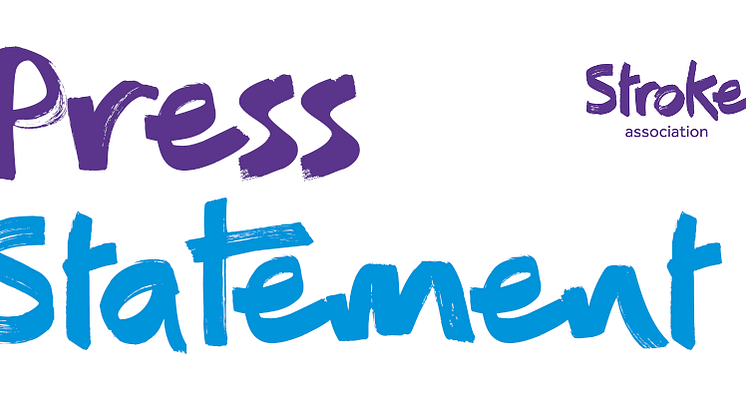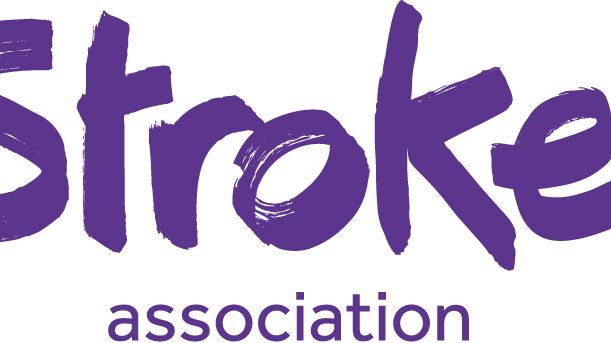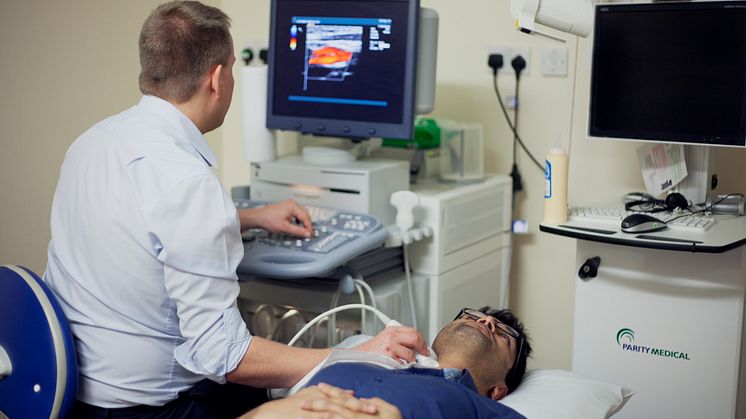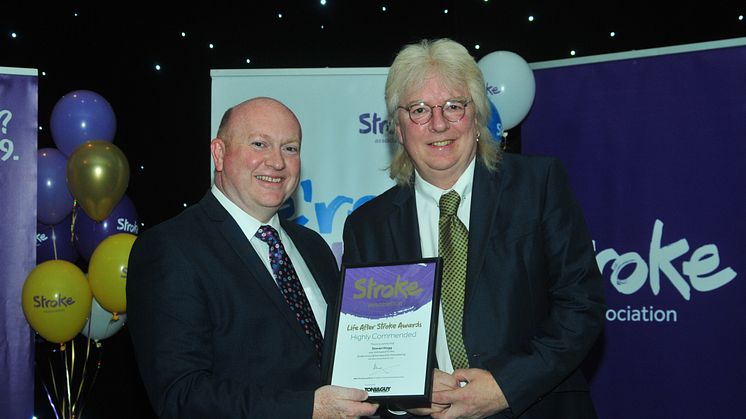Stroke Association statement on stroke mortality at weekends
Stroke Association statement on discussion about the statistic that there is a higher risk of stroke mortality for hospital admissions at weekends.

Stroke Association statement on discussion about the statistic that there is a higher risk of stroke mortality for hospital admissions at weekends.

The SSNAP post-acute audit from the Royal College of Physicians gives us a picture of the care available to stroke survivors when they leave a stroke unit. These findings give us a much more complete picture of the services available and what needs to be in place to ensure consistently good care.

Research reported in the press suggested that clinicians are poor at approximating the weight of patients with stroke when they are treated in an acute setting, it recommended that beds capable of weighing patients should be mandated in emergency rooms.

Alexis Wieroniey, Deputy Director for Policy and Influencing at the Stroke Association comments on the latest Sentinel Stroke National Audit Programme (SSNAP) report which relates to treatment for patients admitted between April and June 2015.

Public Health England, NHS England and NHS RightCare have today launched the third and biggest NHS Atlas of Variation in Healthcare to help commissioners, service providers and health professionals deliver the best healthcare.

Recent research published in The Lancet showed working 55 hours or more per week is linked to a 33% greater risk of stroke compared with working a standard 35 to 40 hour week. It is the largest study in this field so far involving over 600000 individuals.

Jon Barrick, Chief Executive of the Stroke Association, said:
"We are deeply saddened to hear that Cilla Black died following a stroke. She is one of the hundreds of thousands of people affected by stroke every year.
“It happens out of the blue, often with no warning signs and is more common than people think. While the majority of people will survive, they have to live with its long-term ef

Bridget Birgin, Director of UK Life After Stroke Services at the Stroke Association said “There are too many powerful myths about stroke; that it only affects older people or that people can’t recover. These myths stop people from taking action to prevent stroke and supporting stroke survivors to make the best recovery they can.
“Advances in medical research have helped to halve the numbers of

Jon Barrick, announced today that he will be stepping down as CEO and leaving the Stroke Association on 31st May 2016

An independent expert review of the clot-busting drug alteplase used in the treatment of acute ischaemic stroke has concluded that it is safe and effective for use up to 4.5 hours after the onset of stroke symptoms.

The ninth report from the Sentinel Stroke National Audit Programme (SSNAP) reveals today that 11 stroke services scored an overall ‘A’-grade for the quality of care they provide for patients.

A stroke survivor from Sunderland has received a Highly Commended Life After Stroke Award from the Stroke Association, in recognition of his courage and support for other stroke survivors.
